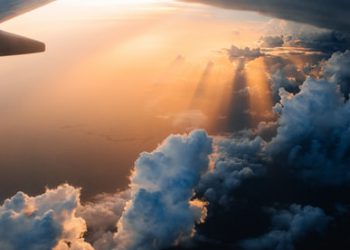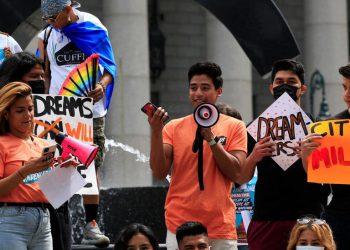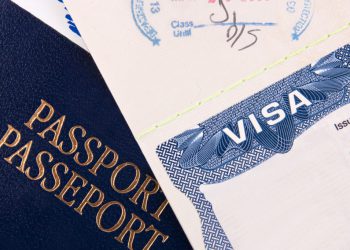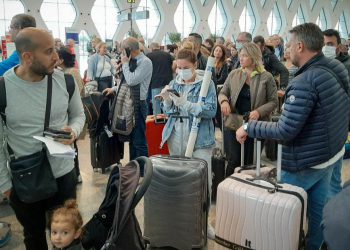[elementor-template id=”3753″]
This is dummy title and will be replaced with real title of your post
Image with size : 1140×570
Image: unsplash.com
To combat the spread of the new Omicron COVID-19 type, the US government plans to impose more restrictions on overseas passengers, making life a little more difficult for those traveling to the US for the holidays. The additional limits are anticipated to be announced by the Biden administration on Thursday.
Dr. Rochelle P. Walensky, director of the Centers for Disease Control and Prevention (CDC), said at a White House press conference on Tuesday that the government is considering a variety of measures to make international travel as safe as possible, including “pre-departure testing closer to the time of flight, as well as considerations around additional post-arrival testing and self-quarantines.” The White House and the Department of Health and Human Services are reportedly evaluating a draft letter from the CDC on the new limits today.
Since the United States reopened its borders on Nov. 8, the government has had relatively lax entry requirements, requiring only a negative COVID-19 test for vaccinated travelers taken up to three days before their flight—a stark contrast to countries like Australia and China, which have completely barred entry or require 14 to 28 days of quarantine in a hotel after arrival.
Shorter testing windows
The Biden administration is expected to demand a negative COVID-19 test performed just one day before boarding flights—regardless of immunization status—before you touch foot in the United States. There is no word on what sort of test would be required, according to the Washington Post, but visitors visiting the United States will have to time their exams more precisely to guarantee they are allowed to board aircraft.
Incoming tourists must undergo a test up to three days before departure for vaccinated travelers and one day for unvaccinated travelers, according to existing guidelines.
Testing after arrival
Another proposal is to compel tourists to take a second or even third COVID-19 exam within three to five days of their arrival. This method is commonly employed in Europe and other countries with stricter entry procedures, where tourists are required to take further COVID-19 tests after landing to guarantee that any delayed onset of COVID-19 is detected before cases spread on local territory.
This may significantly raise the cost of vacation travel.
Quarantining upon arrival
In addition to a retesting program, the US government is allegedly considering compelling visitors, including US citizens, to stay in quarantine for at least seven days after arriving, regardless of the results of their COVID-19 tests. Those who broke the restrictions might face fines, signaling a substantial increase in COVID rule enforcement in the United States.
As a result, any family members traveling in for the holidays would have to immediately self-isolate. In order to lawfully join in a Christmas family celebration, incoming tourists may need to arrive by Dec. 17 at the latest.
Entry prohibition
More countries with a high Omicron threat might see their borders closed by the United States. Botswana, Eswatini, Lesotho, Malawi, Mozambique, Namibia, South Africa, and Zimbabwe have all had their doors shut since Monday. However, President Biden stated that he does not anticipate the US to implement similar travel restrictions on additional nations anytime soon.
Source: Fortune.com
Related Posts
edit post

Immigration
New Omicron travel limitations suggested by the Biden administration
edit post

Immigration
U.S. immigration policy: what should it be?
edit post

HR
Expats place a higher value on health care than on job prospects
edit post

Updates
Omicron variant: the US places travel restrictions from South Africa
edit post

Updates
Omicron is ‘already in the UK,’ and there are concerns about Christmas
edit post

Updates